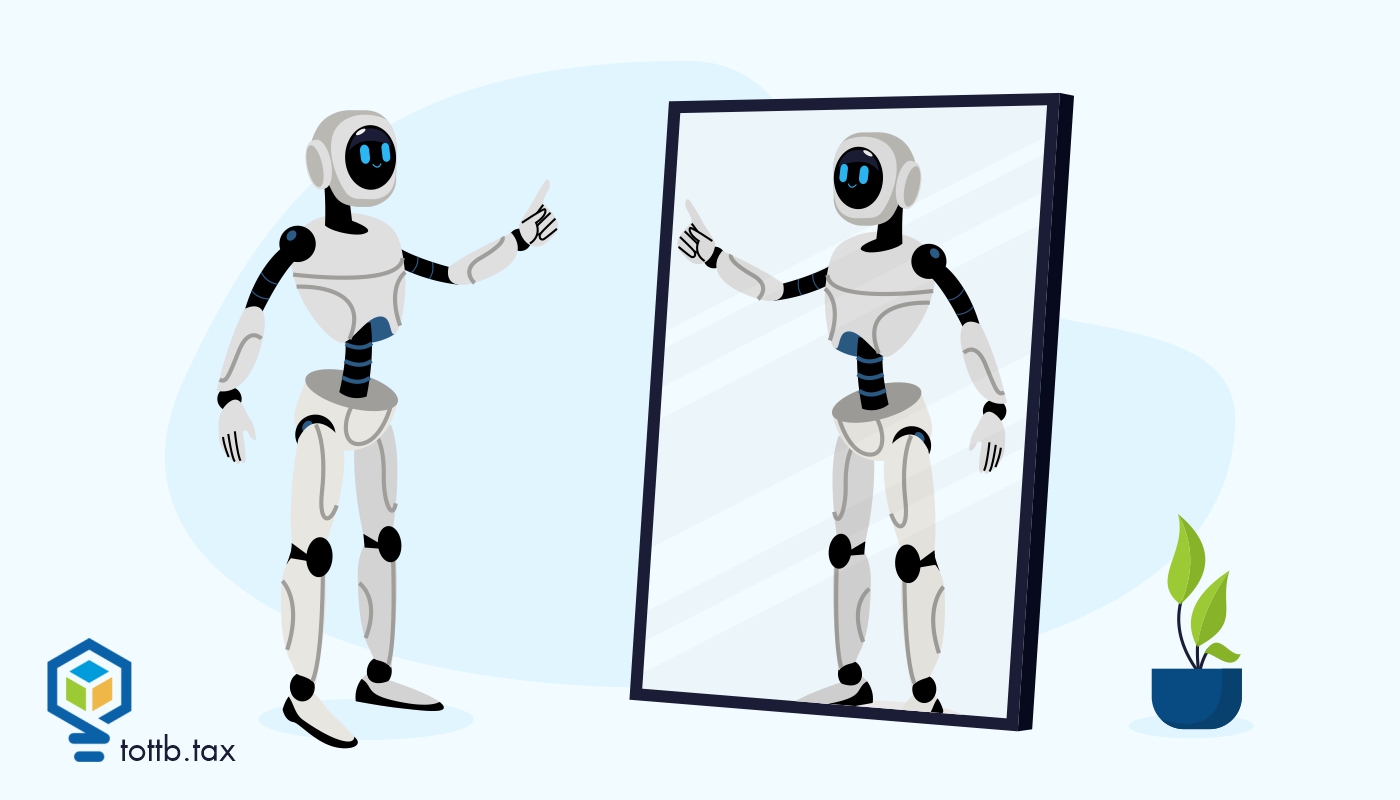In the AI era, especially with tools like GPT, plagiarism isn't just copying another's work, but also presenting AI-generated content as one's unique thought without understanding or modifying its output. It's about intent and attribution. If someone blindly takes an AI's output and presents it as their own, especially in professional or academic settings, it can be considered a form of plagiarism. For certified tax planners, understanding and addressing this nuanced form of plagiarism is crucial for maintaining professional integrity and credibility.

OBBBA Rundown: Provisions Affecting Individuals for 2025
Enacted into law on July 4, 2025, the One Big Beautiful Bill Act is the biggest set of tax law changes since the 2017 Tax Cuts and Jobs Act (TCJA). The provisions discussed in this article impact individual taxpayers for tax year 2025 and must be considered immediately for proactive tax planning purposes, future tax withholding, and estimated tax payment calculations. Clients have questions, and we can generally give them the answers they seek; however, some will require future IRS guidance for complete clarity.






